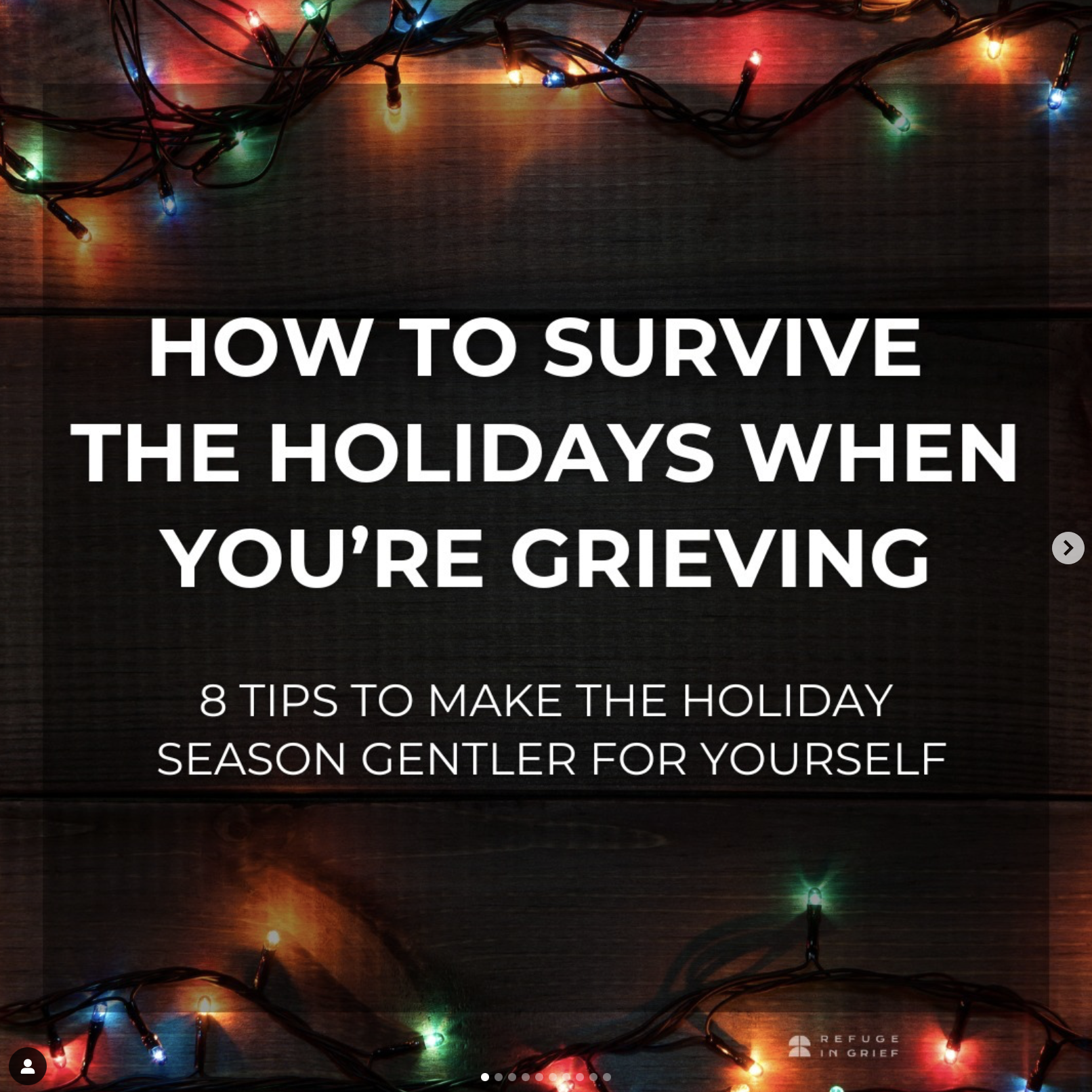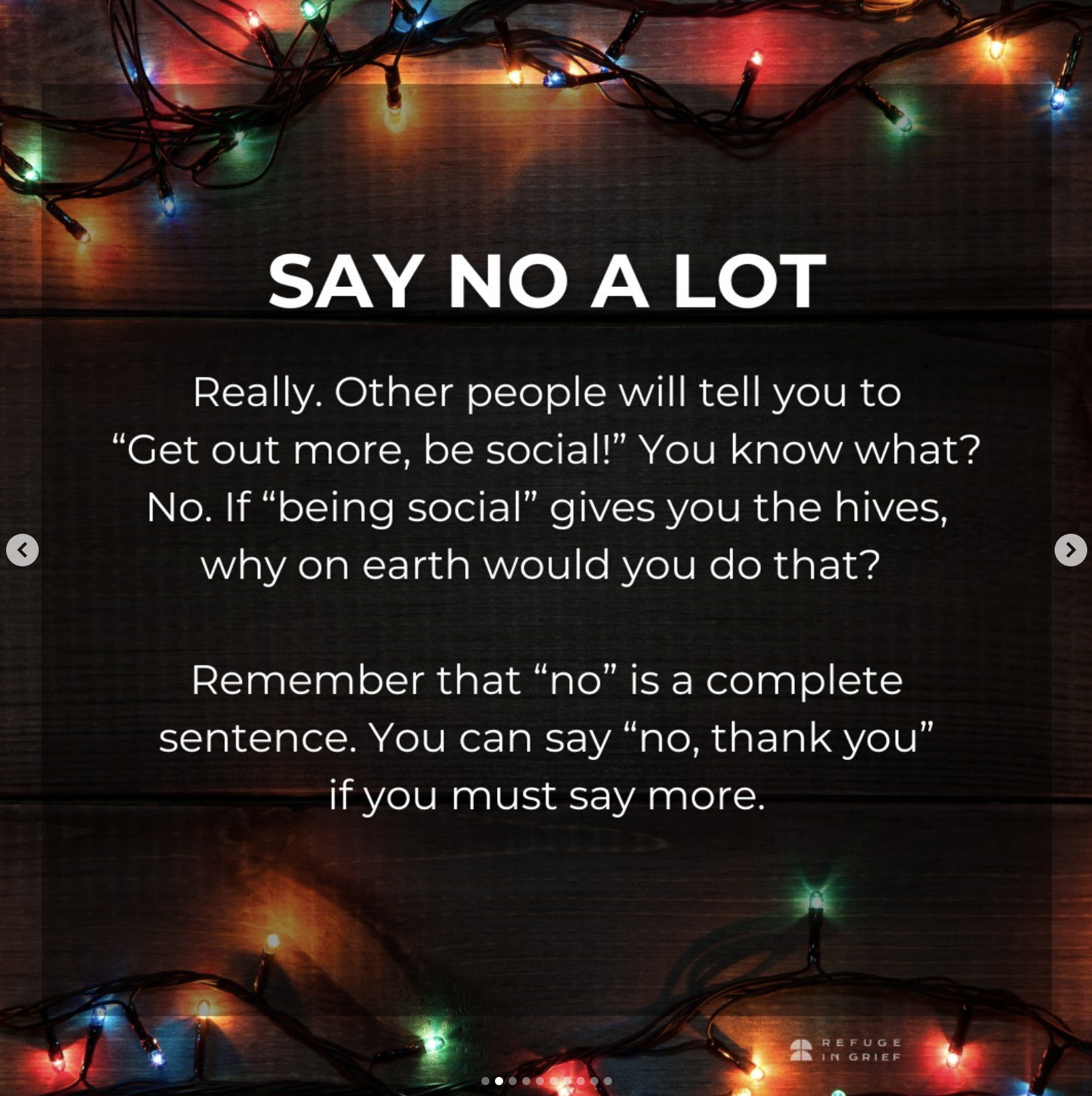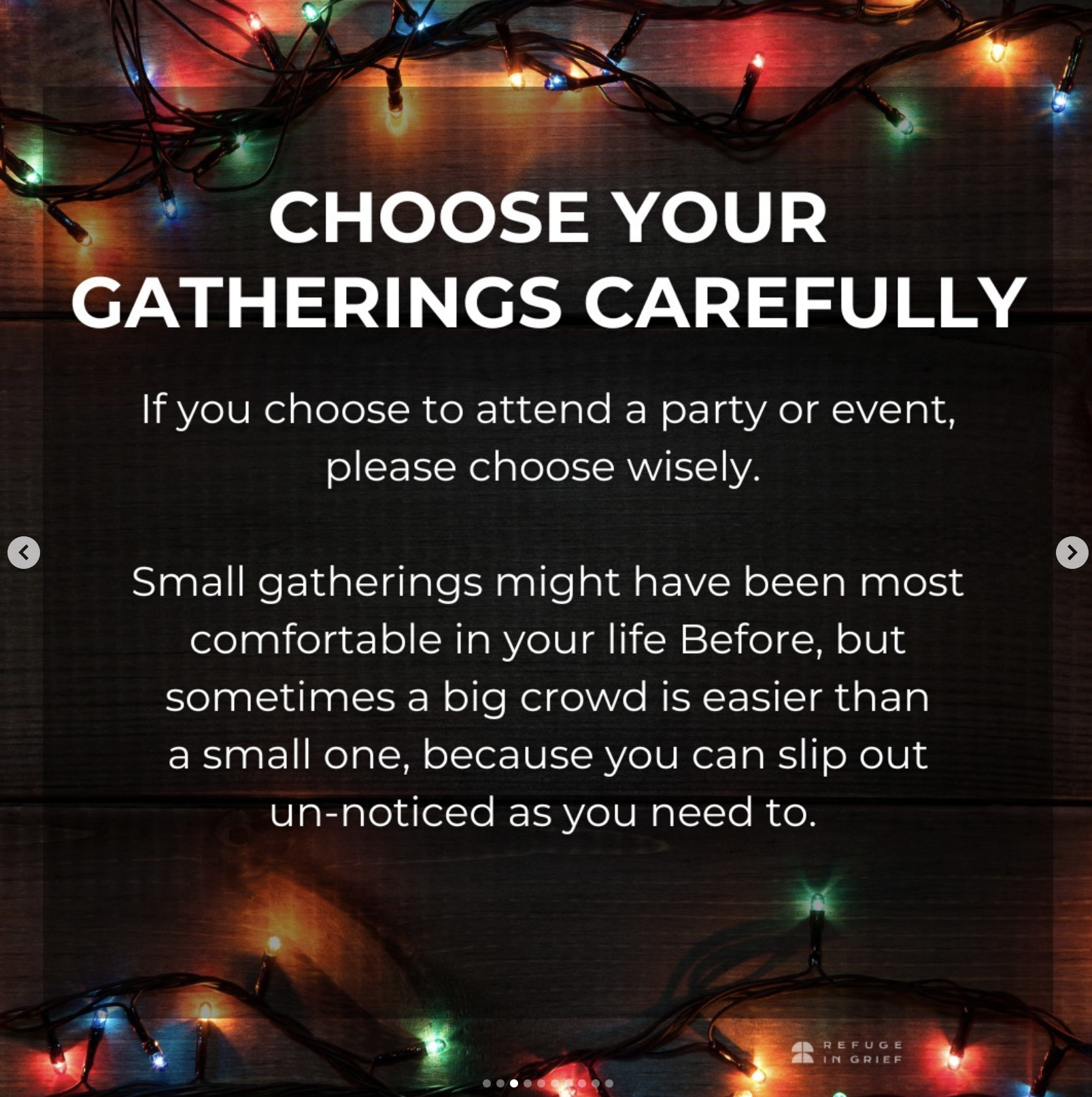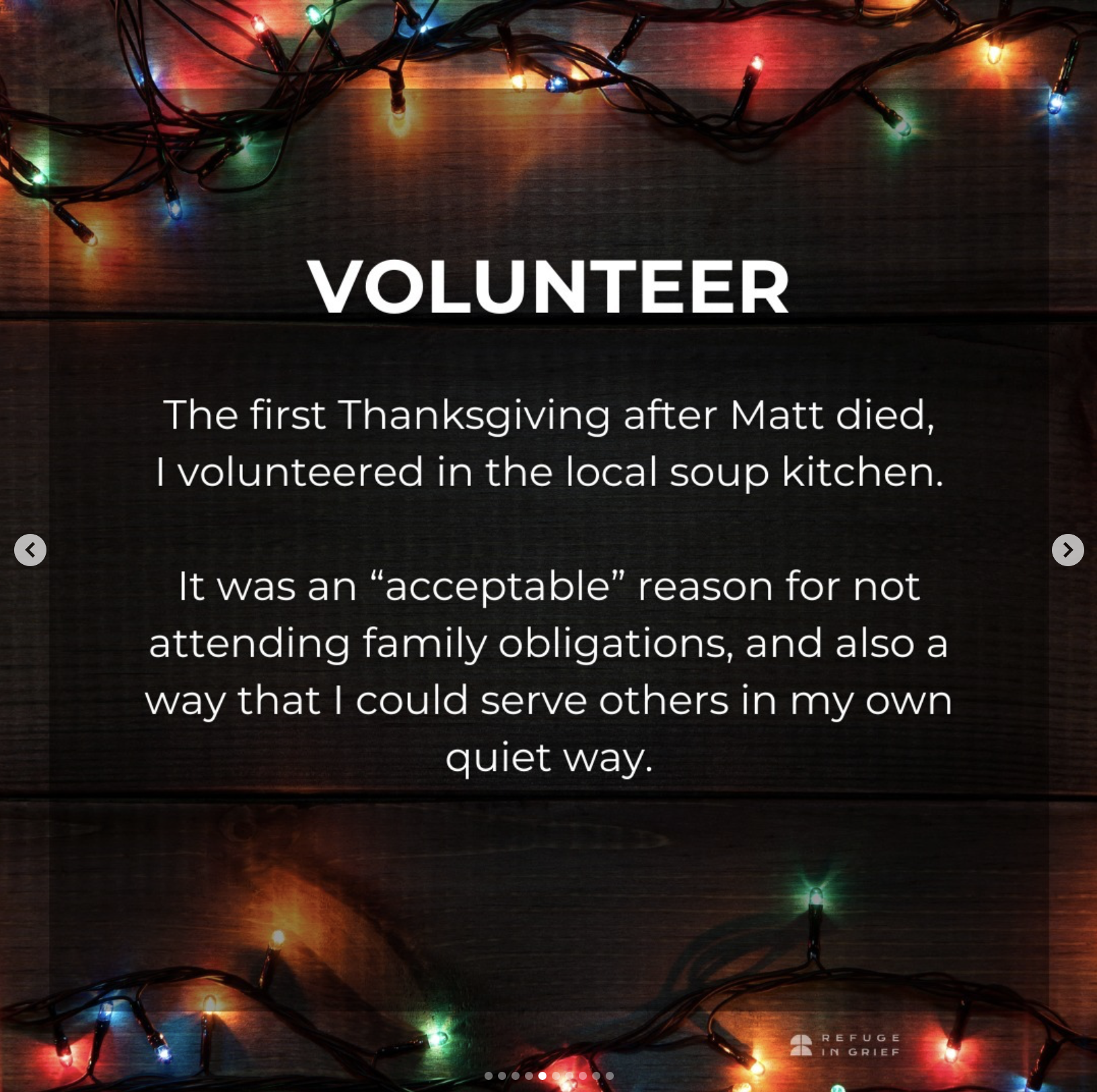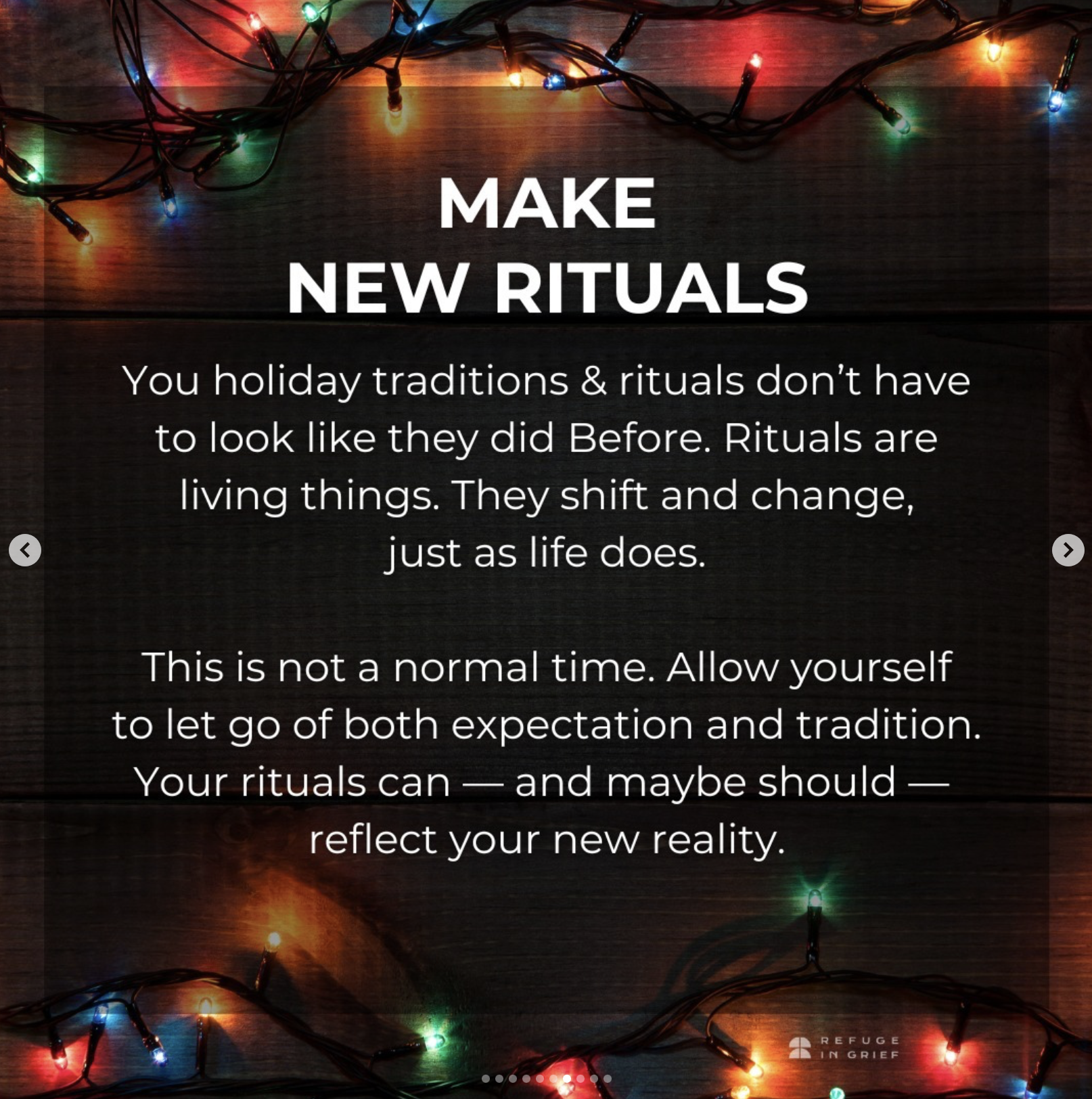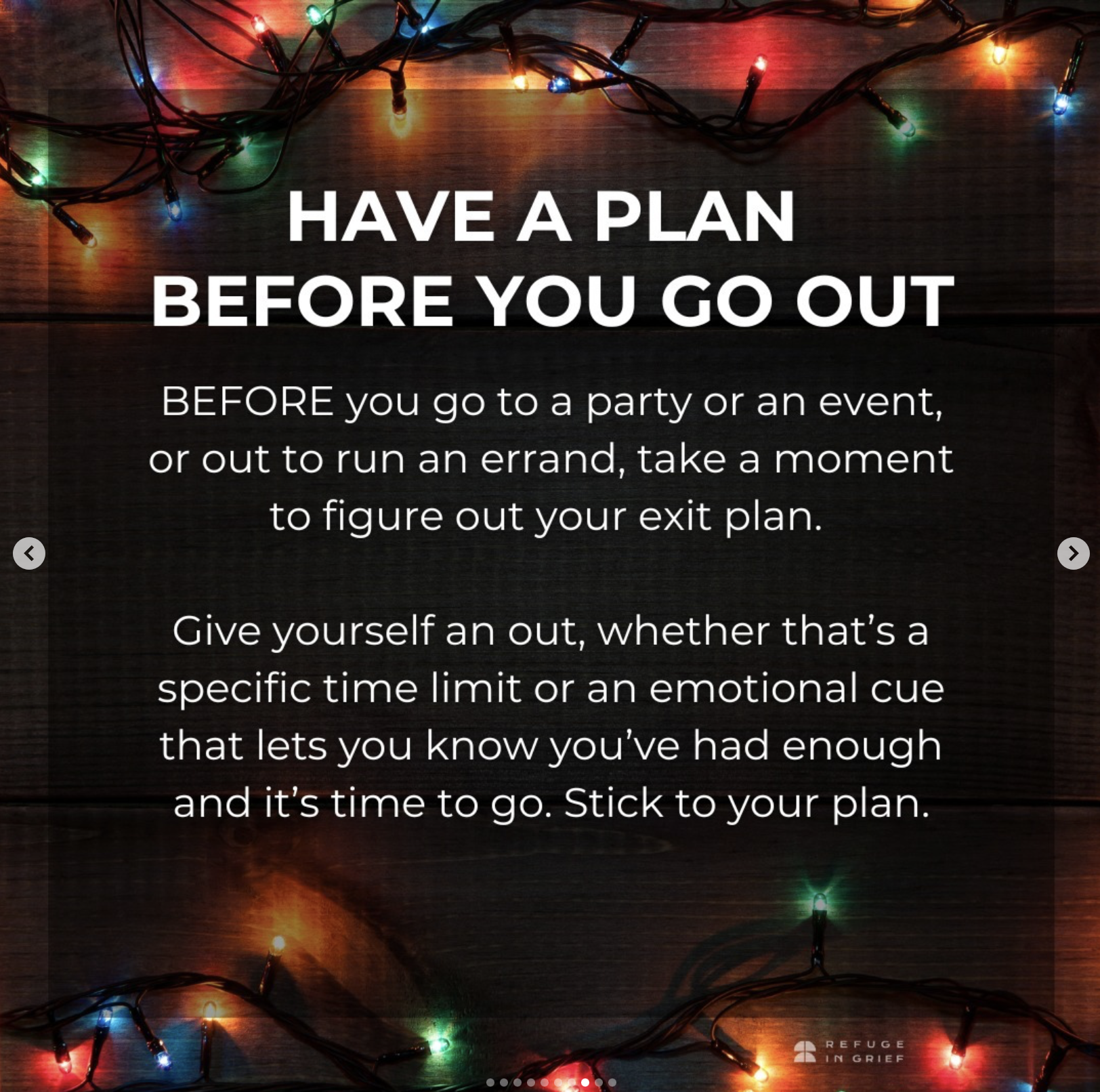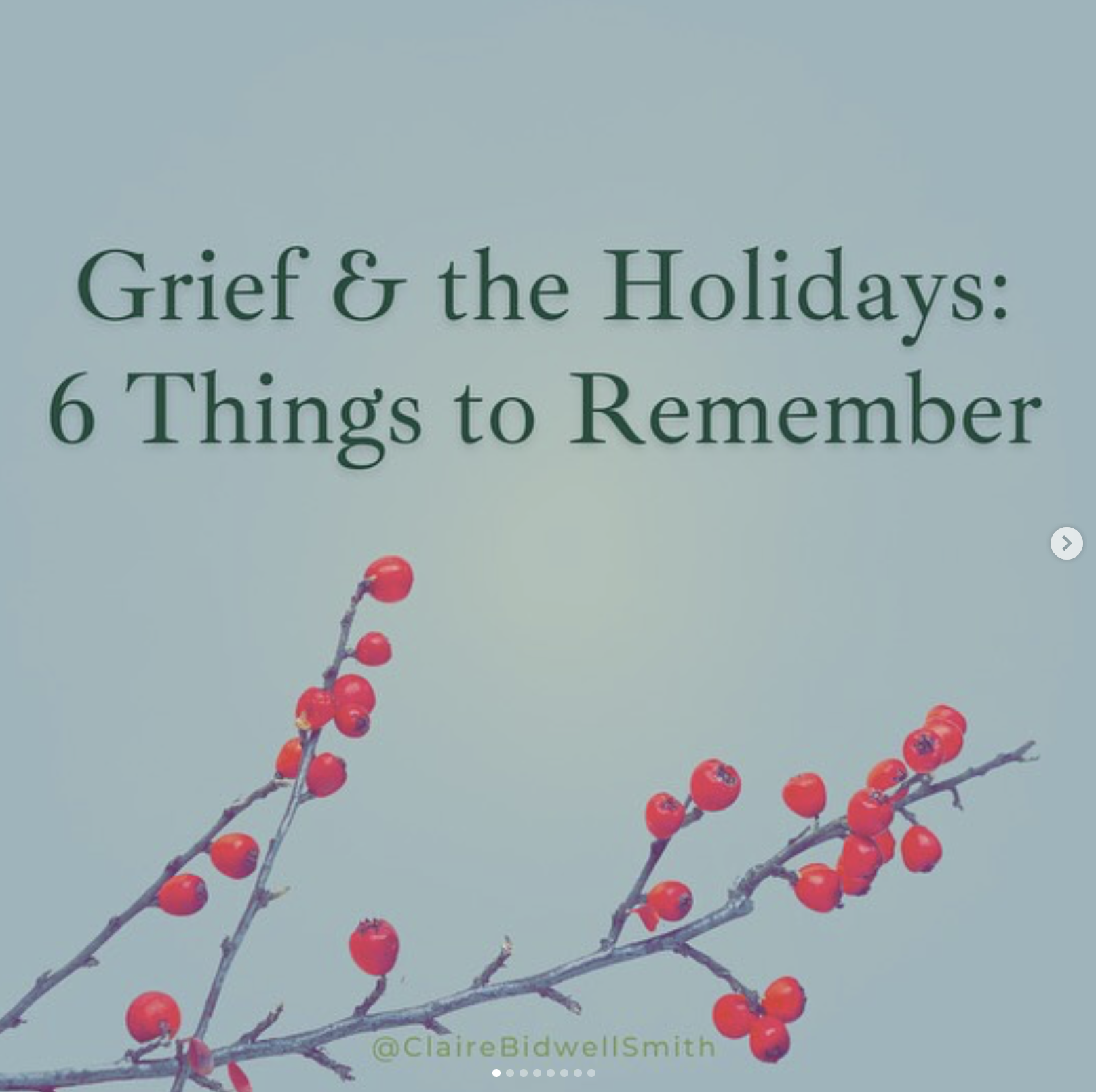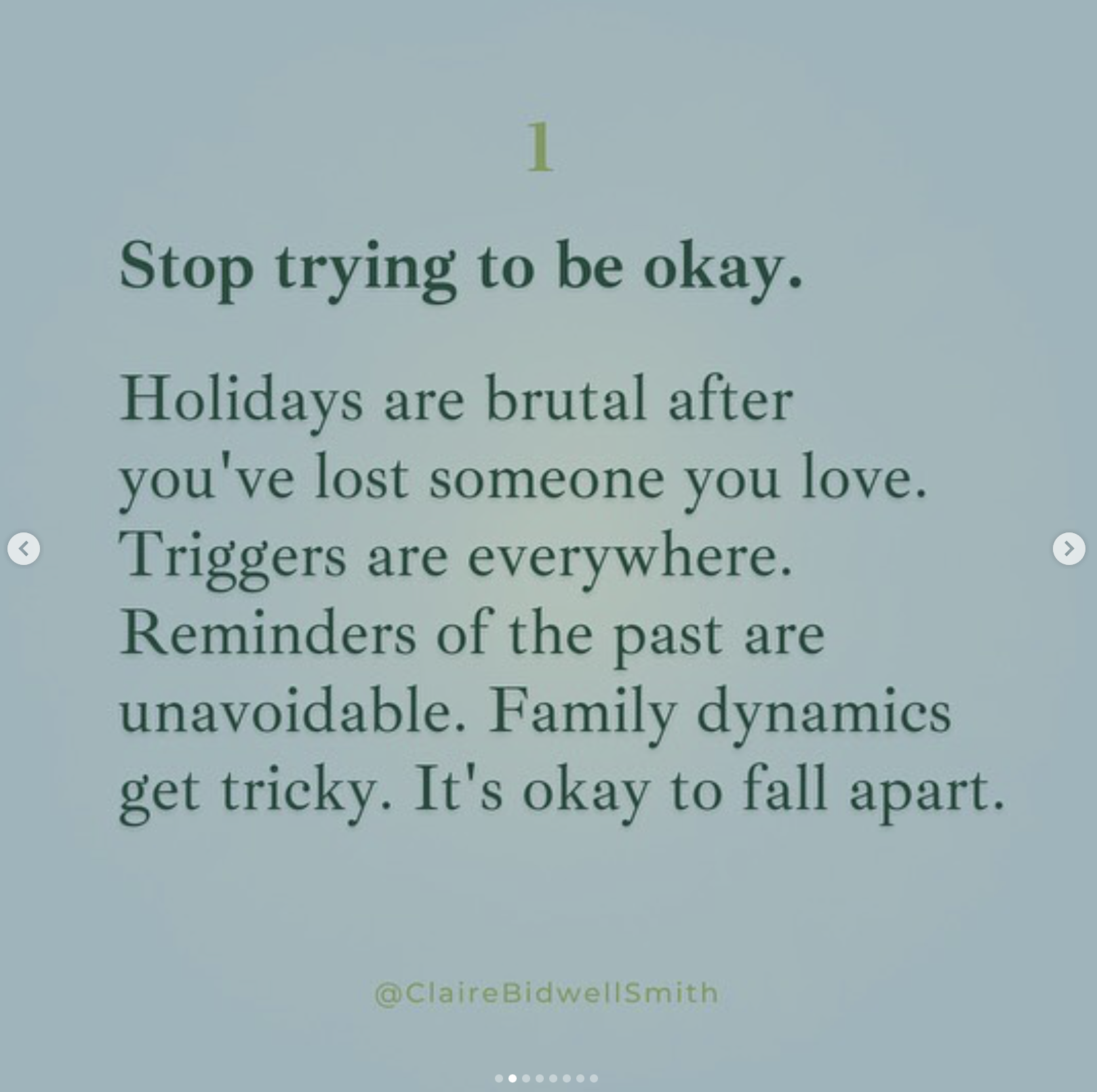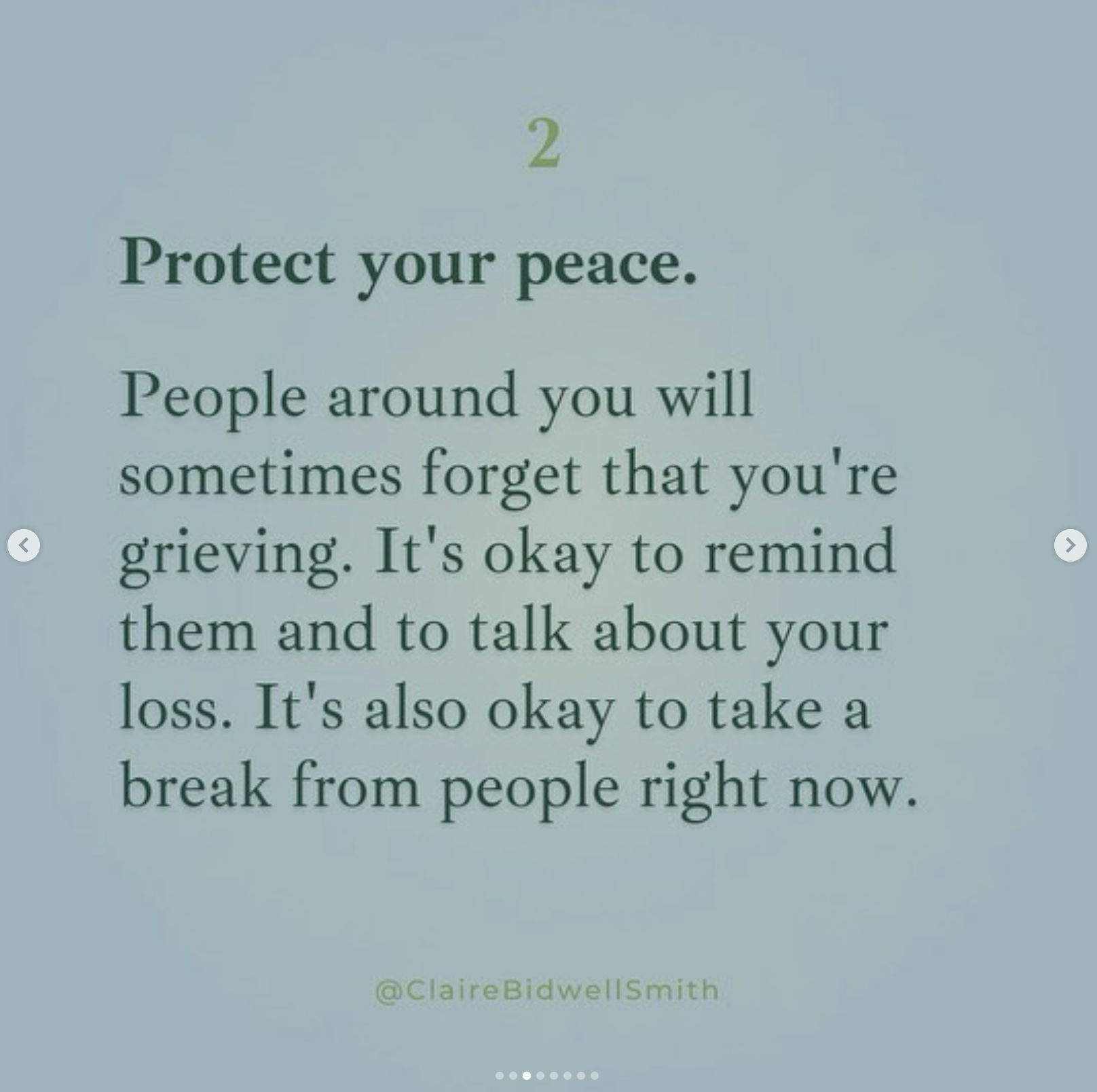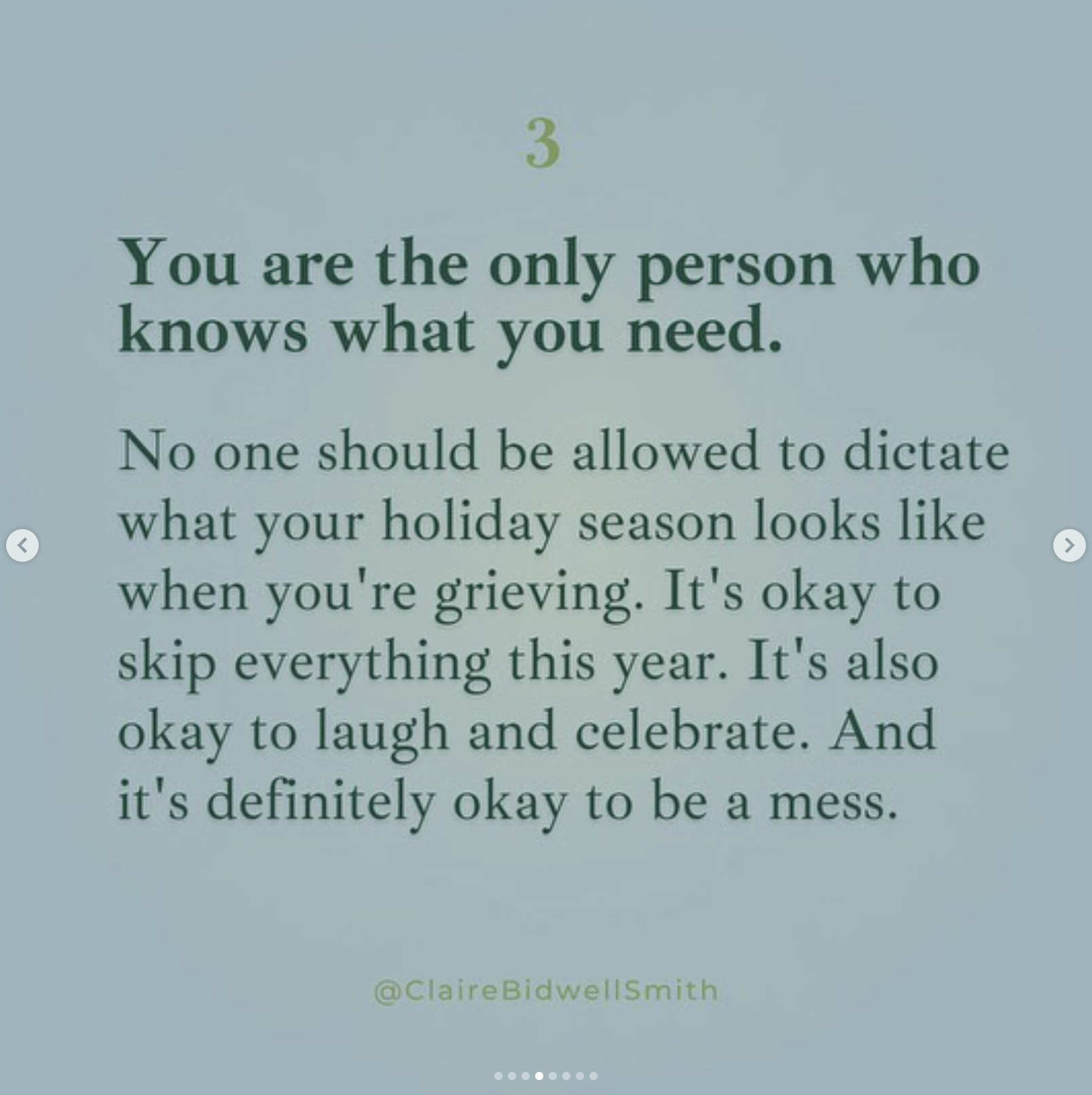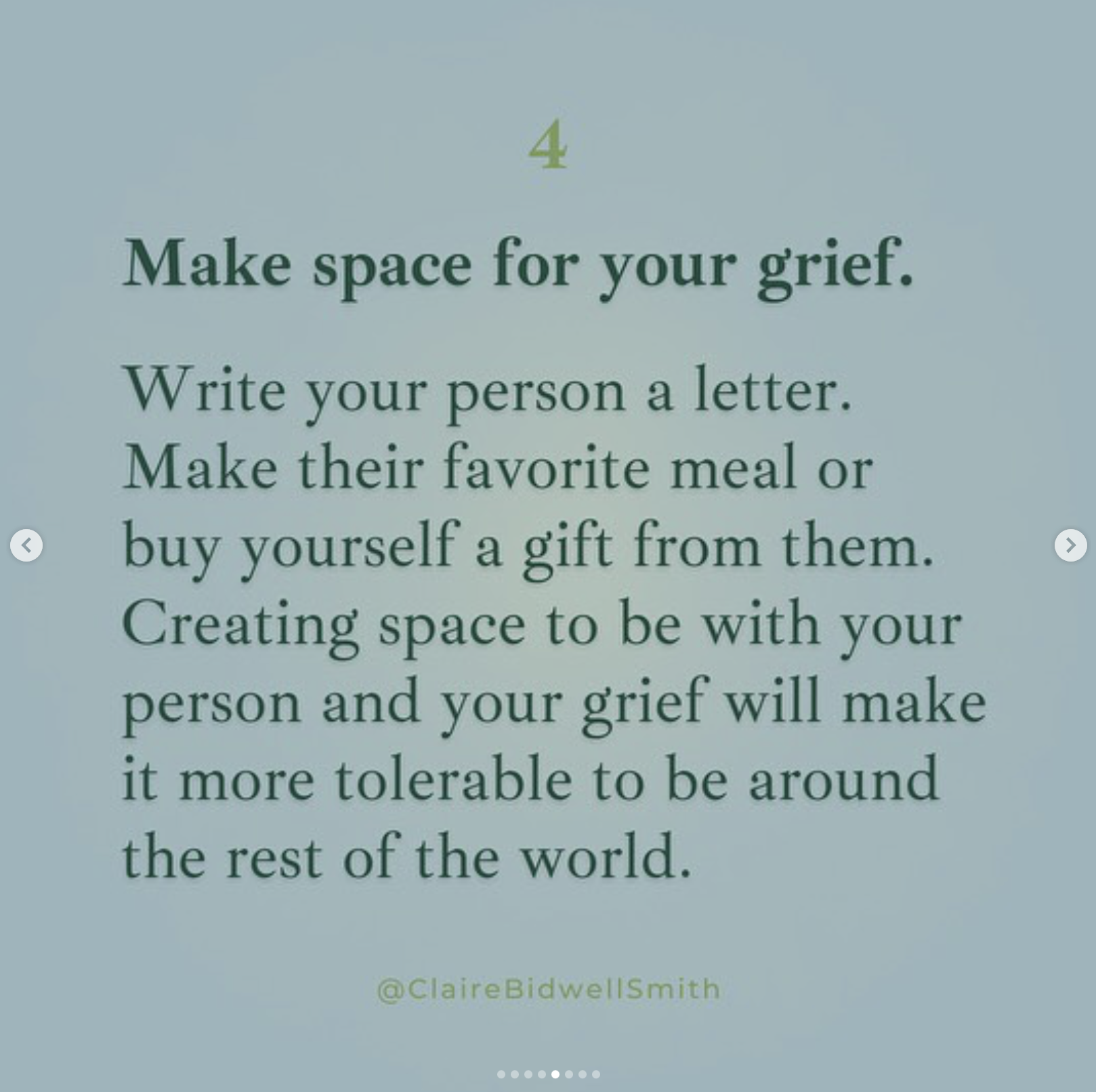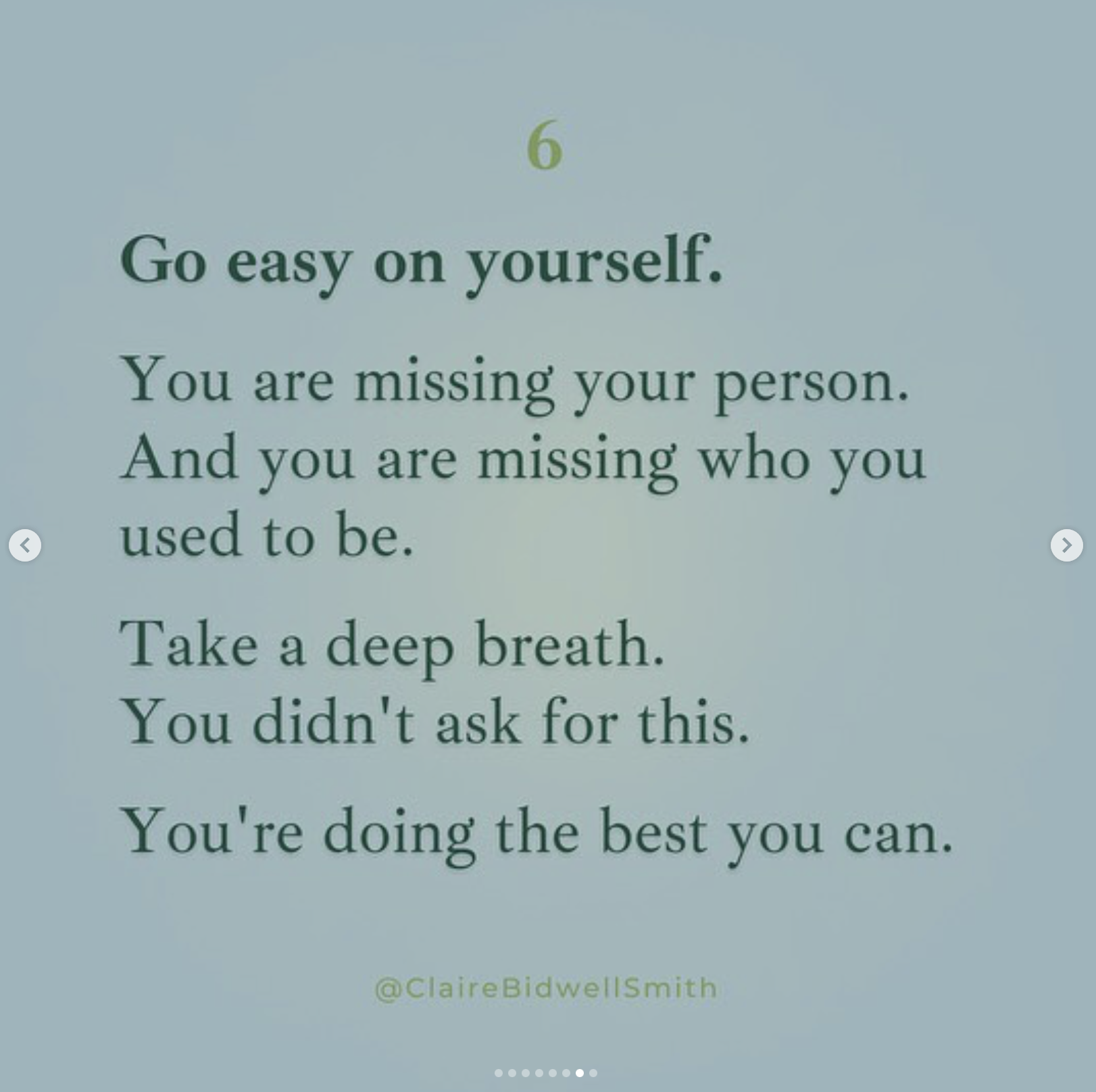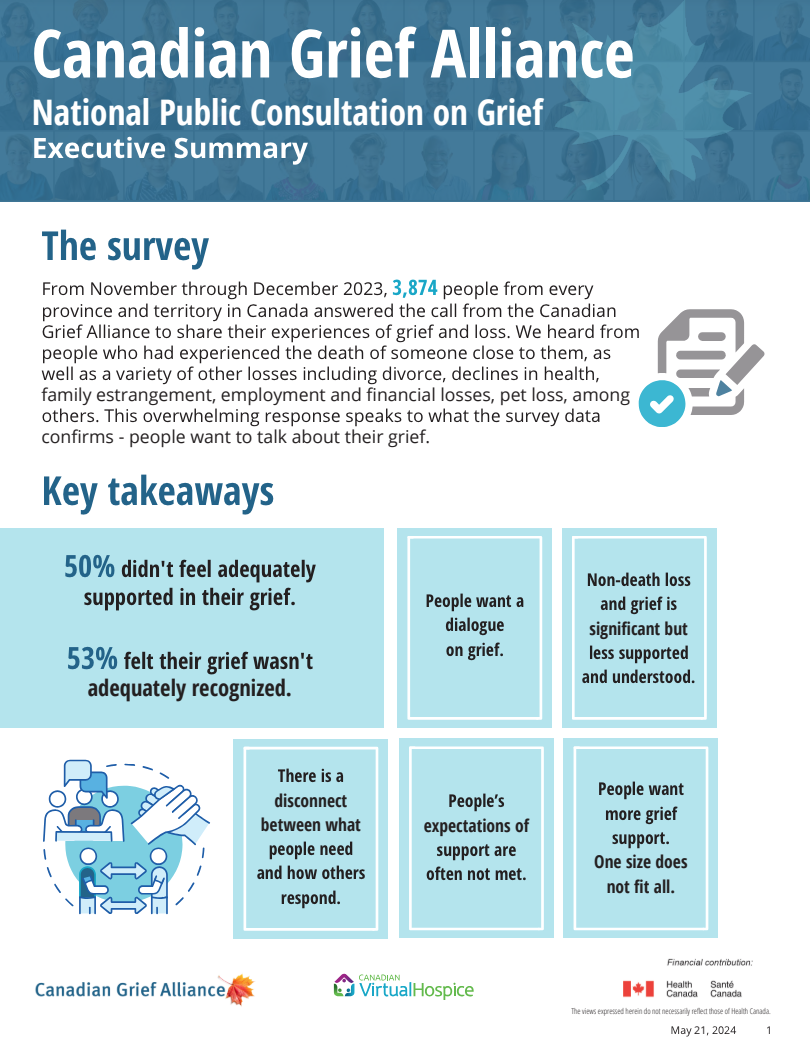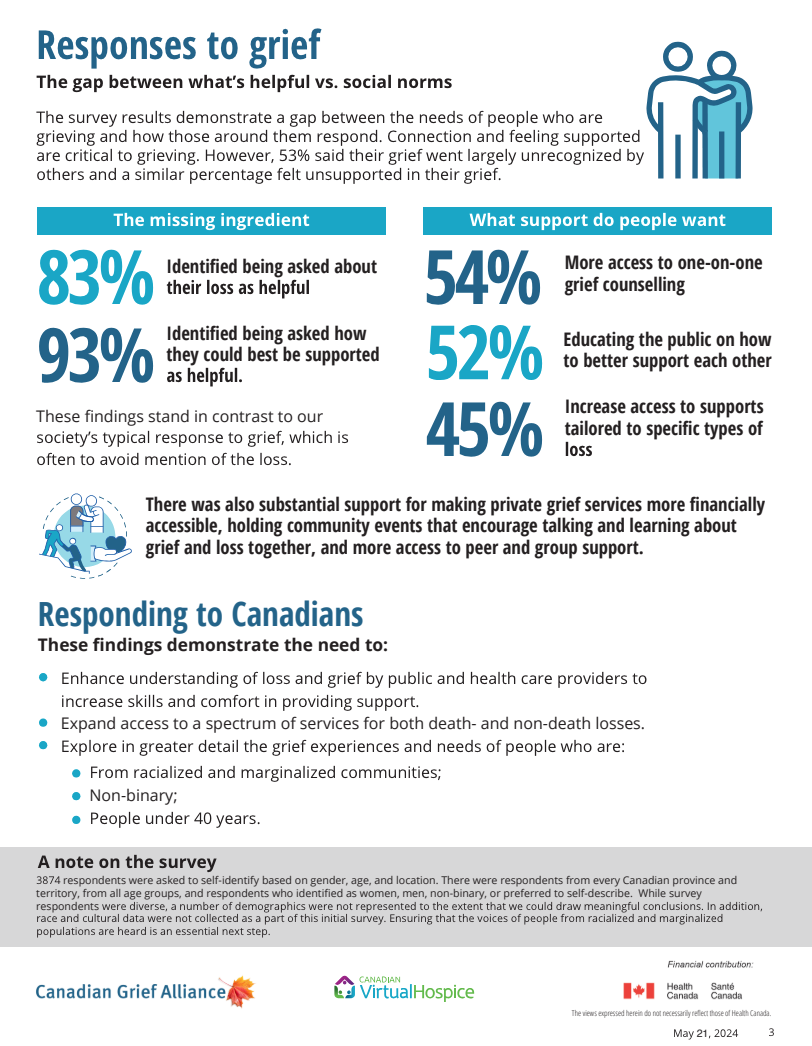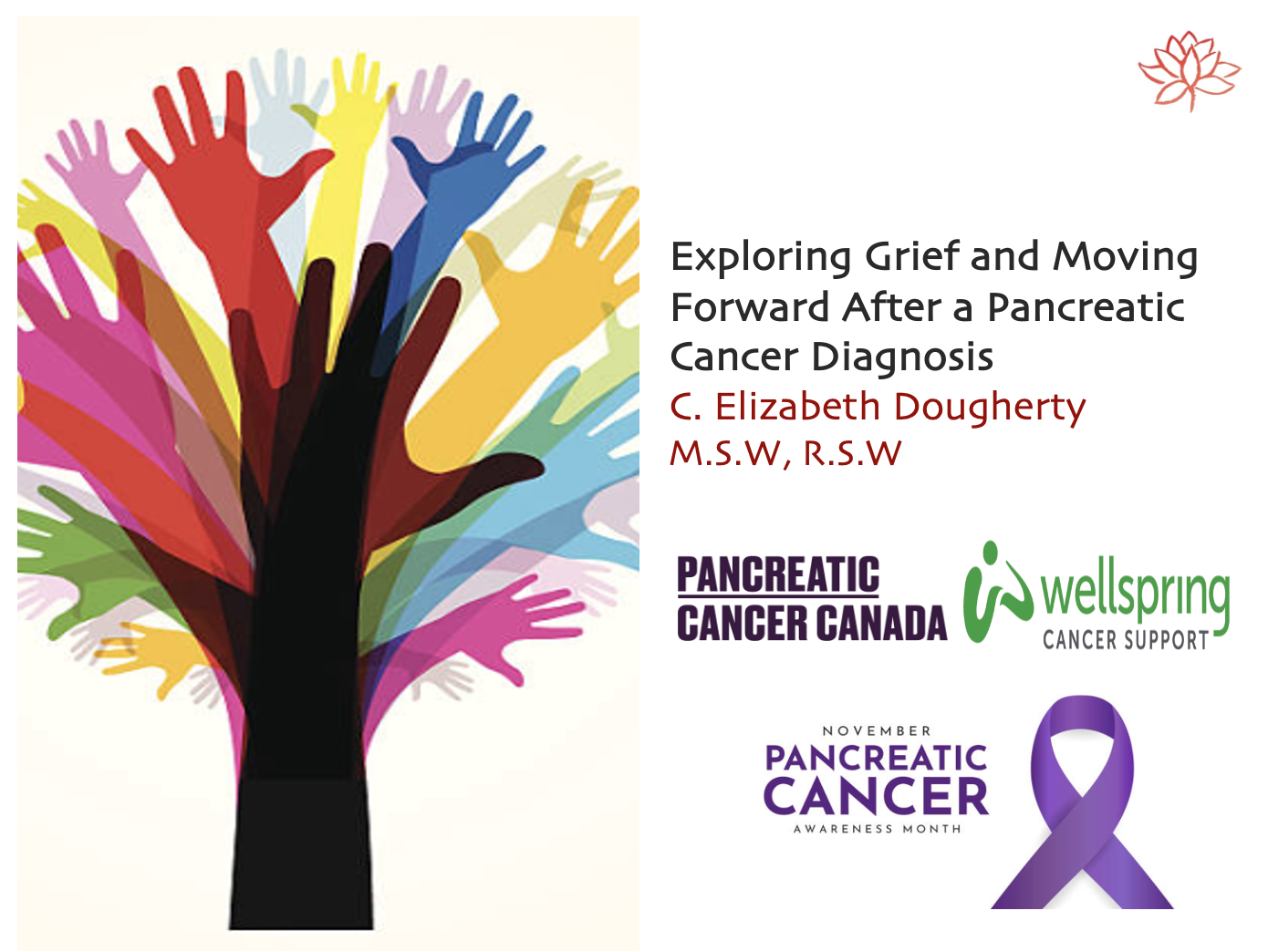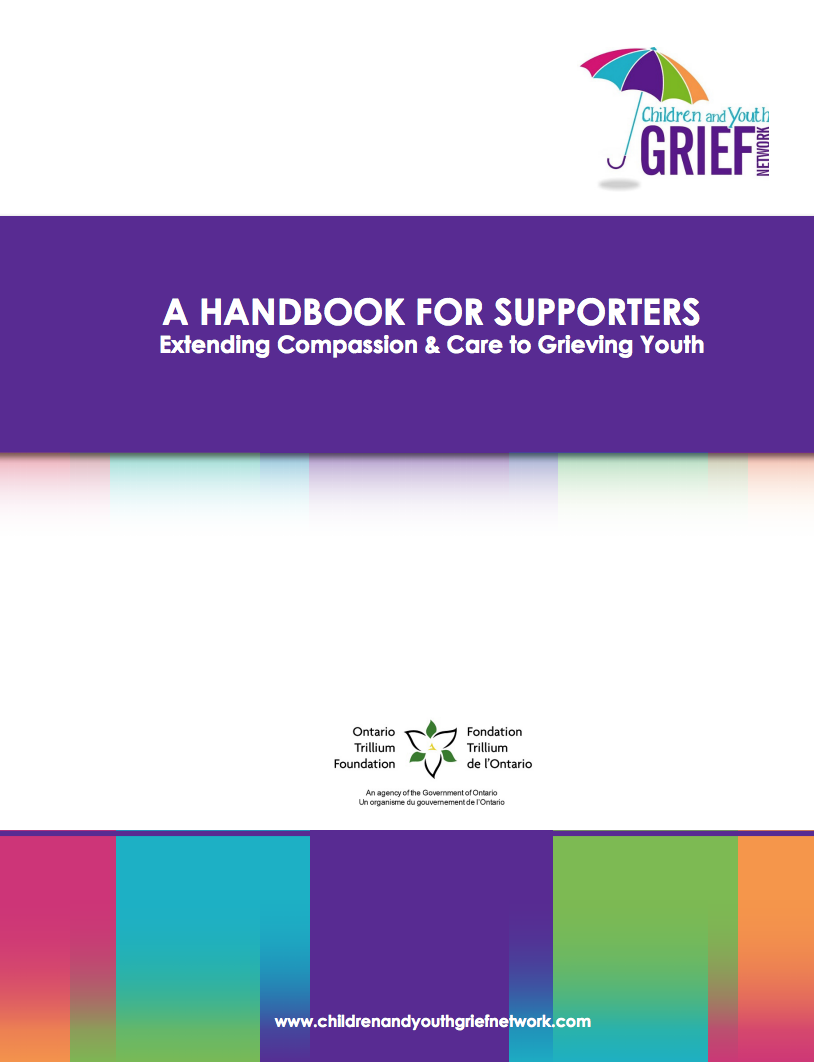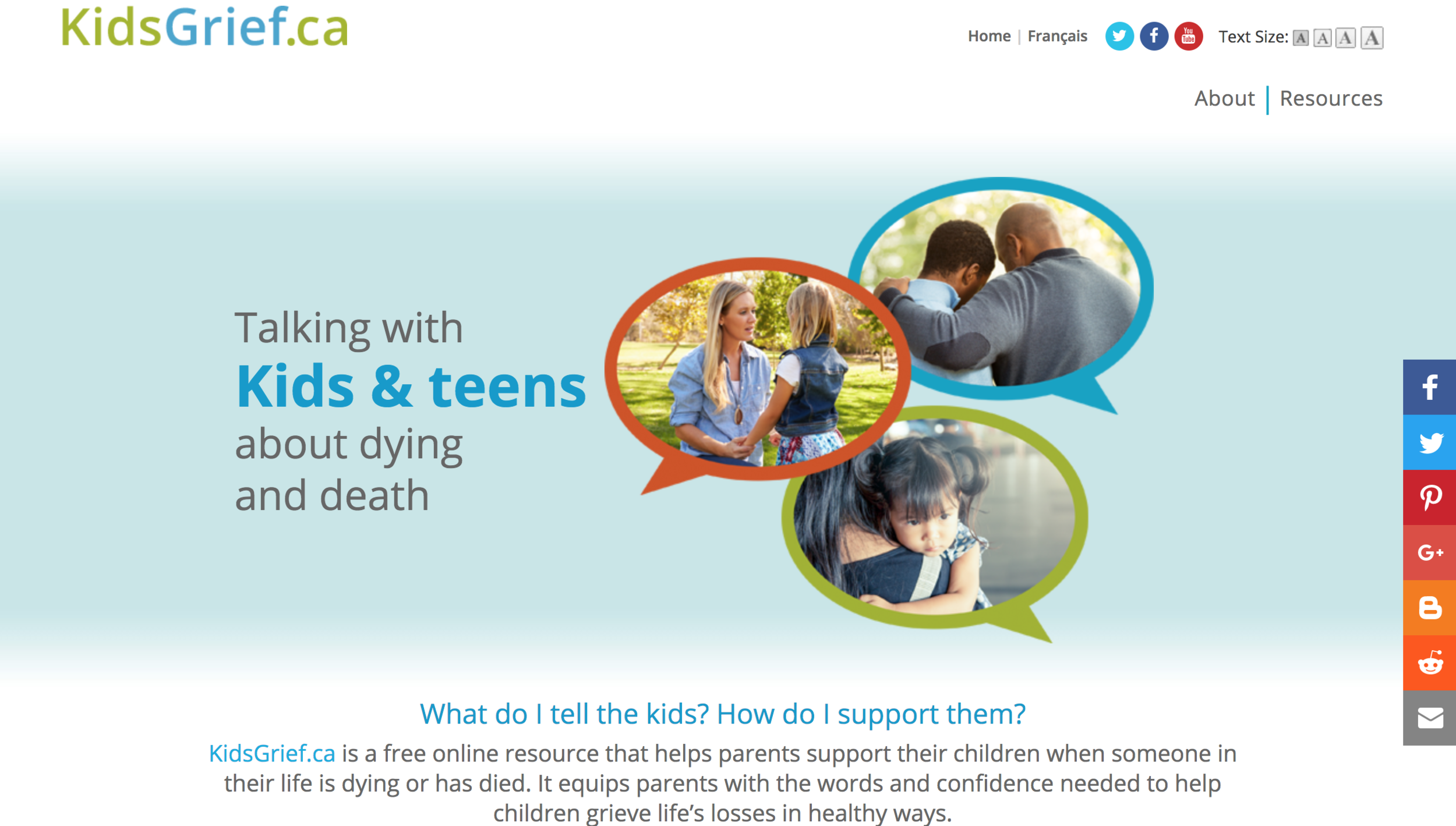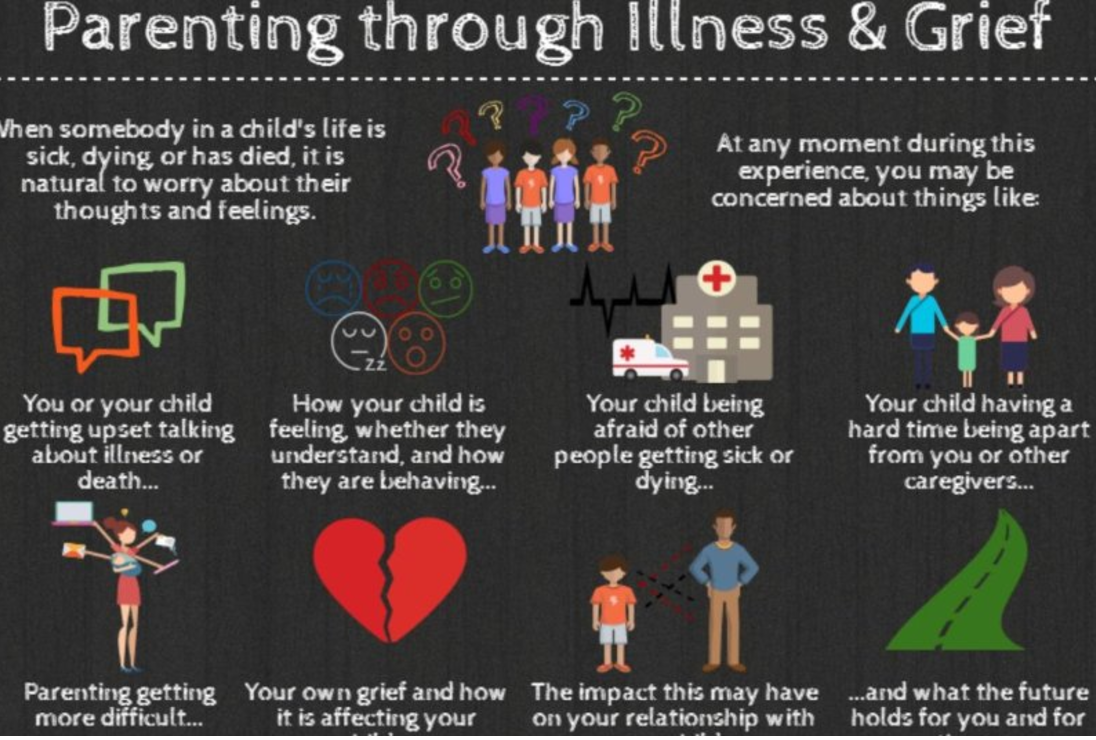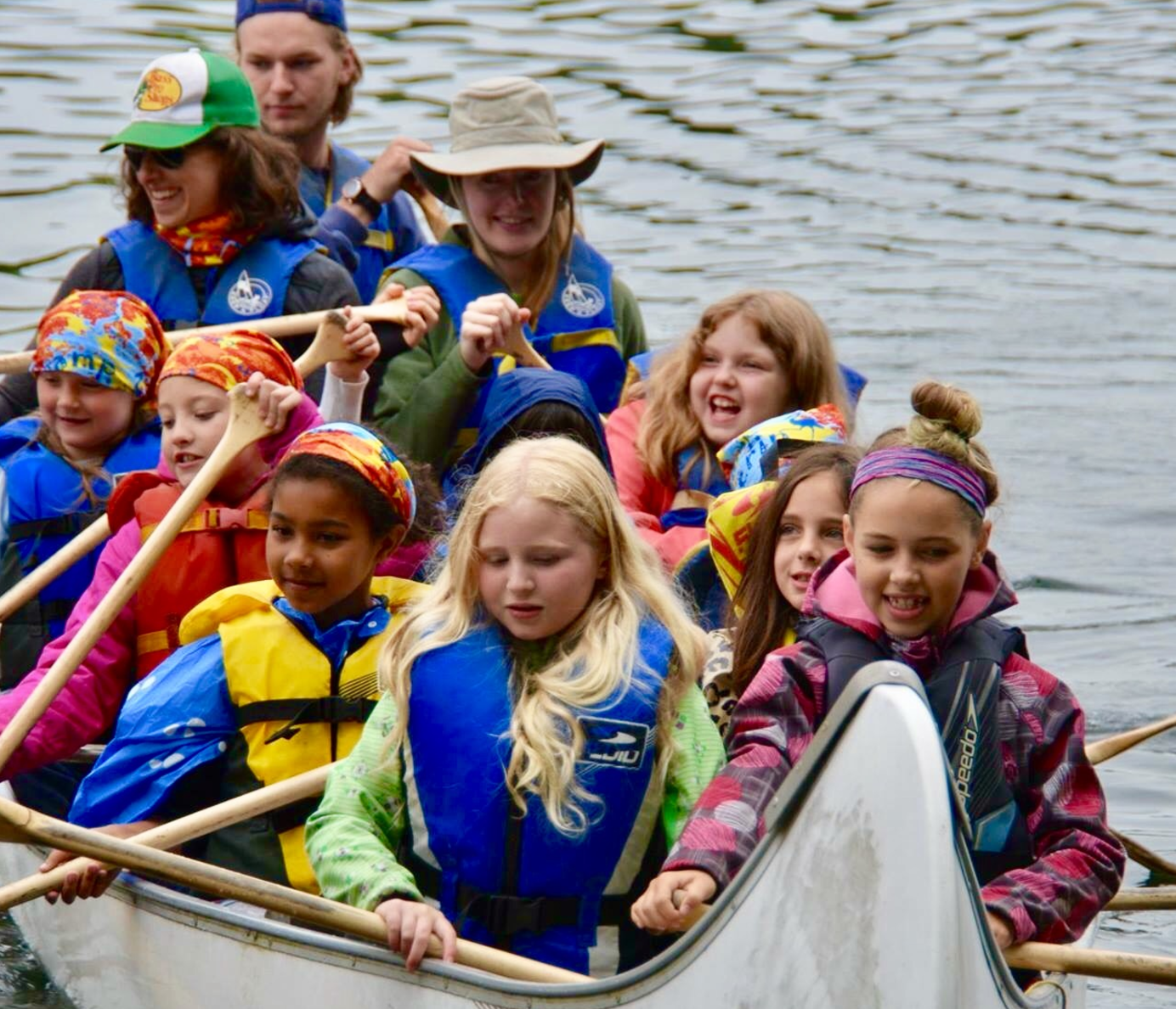How to Survive The Holidays When You're Grieving via Megan Devine
"The holiday seasons adds an extra measure of pain to people already bearing more than they can, more than they should ever have to. There is the empty seat at the table, the heaviness of all the ways the one you love is missing, traditions that have gone flat, smacking against the empty place.
Death, illness, massive life events — they all sour the season in ways those outside your loss can’t understand. Given that this season is going to be rough, how will you survive? Here are some of my holiday survival rules from my own early days. Remember, whatever you choose to do (or not do) this holiday season, staying true to yourself is important.
If you have someone who consistently tries to talk you out of your 'no,' you might respond by calling them out on their coercion: 'I keep telling you no, and you keep trying to convince me that I’m wrong. I need you to respect my decision.' Friends and family get to feel disappointed in your no, but they don’t get to force you to say yes.
Whether you are missing someone who should be part of the festivities, or you are missing someone who shared your love of quiet acknowledgment over raucous partying, this season will likely add to your grief.
Companion yourself. Care for yourself. Listen to yourself. Reach out where it feels good to reach, curl in when that is what you need. Make this season as much of a comfort to yourself as you can.
May your holiday season (or non-holiday, depending) be as safe, and full of love and connection as it can be.”
Visit refugeingrief.com for more Grief Support.

